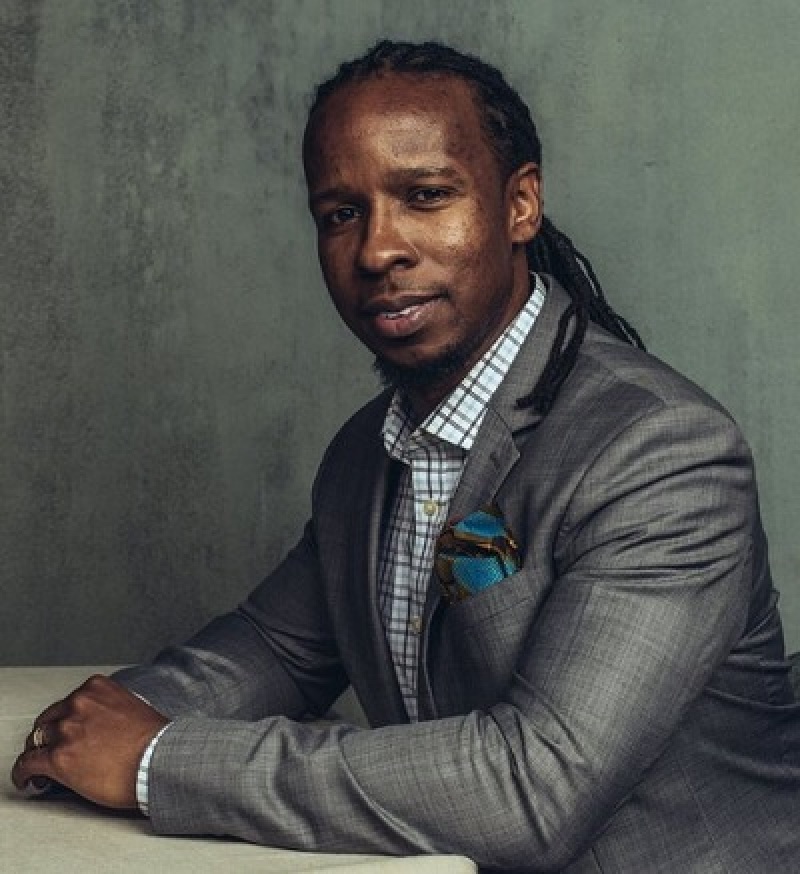
For Critical Race Theory scholar Ibram X. Kendi, Jesus was a "radical revolutionary" who came to free people "from the clutches of the American empire."
According to Faithwire, the author of "How to Be an Antiracist" told Uproxx's Talib Kweli in July that he opposes "white evangelical theology" in favor of "liberation theology," claiming that the former preaches that black people are "a backward, uncivilized sort of savage race."
Kweli said that the idea of Jesus as a "radical revolutionary" has grown increasingly accepted over time. He then asked Kendi to explain the distinction between seeing Jesus Christ as a symbol of freedom and the white nationalist Christ.
"In many ways, you know, white evangelical theology projects Jesus as not only white - but not only a white savior, but a white savior of people of color and even, you know - because we, apparently, according to this theology, were a backward, uncivilized, sort of, savage race," he said.
"And Jesus came, apparently, to save humanity, particularly to save black people, to save even poor whites, those so-called "white trash," from themselves," he added.
Regarding liberation theology and black liberation theology, Kendi stated that Jesus was a "radical revolutionary" who came to liberate the people from the "clutches of Babylon and oppression, and from the clutches of empire, whether it was the Roman empire or the American empire, and that the engine, or the job, of the church, you know, is to be a place, or a space, really, a home of revolutionaries."
Incompatible with the Gospel of Jesus Christ
In contrast, Christian author and apologist Voddie Baucham, who has been vocal in his opposition to Kendi's critical race theory and other ideas, claimed in another interview with Faithwire that such beliefs actually promote greater ethnic divide.
Critical race theory, he said, is "incompatible with the Gospel" and should be rejected by Christians. The author of "Fault Lines" added that critical race theory distorts human perception of reality.
Baucham continued that Christians do not need critical race theory to educate believers about race, about partiality, or about the sin of partiality.
"I can understand if people want to say that we want to use scientific text, for example, that speaks to an issue that the Bible doesn't speak to; the Bible is not a mathematics textbook. There's a whole lot of things that the Bible is not, but, when it comes to the relationships between people, when it comes to sins based on partiality, the Bible is absolutely a textbook on that," he explained.
The author of "Fault Lines" argued that critical race theory eventually distorts believers' perceptions of reality.
He continued by stating that according to critical race theory, in order to discover the truth about race and racism, one must "elevate black voices" and listen to the disadvantaged communities.
"[W]ith critical race theory, we do this because that's the way you know truth. Not through knowing God, not through knowing God's Word, but through listening to the voices and the experiences of the people who we determine to be marginalized," he pointed out.





























